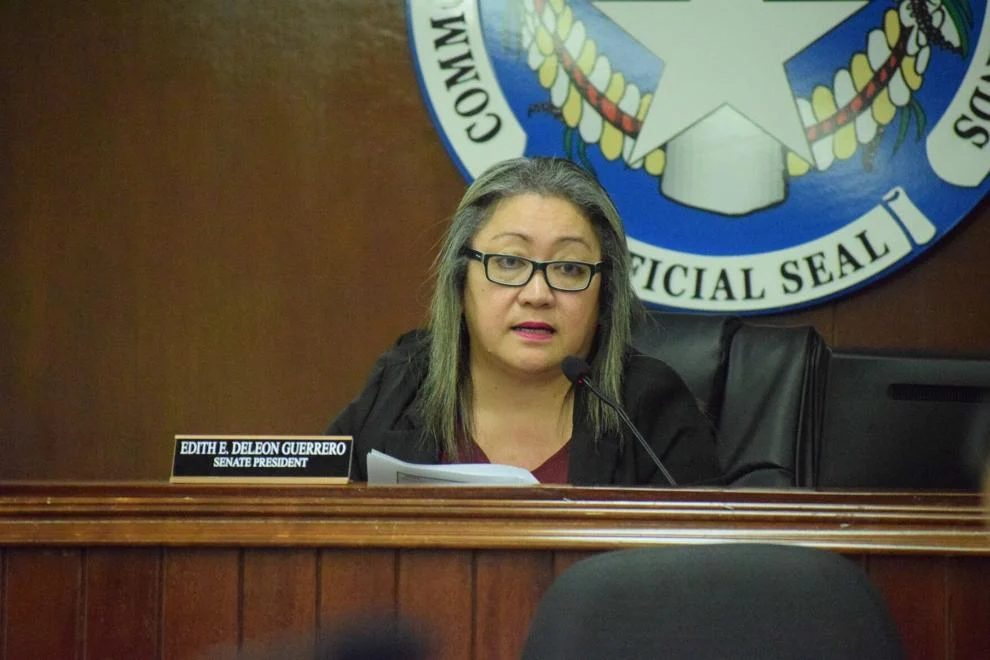“In seven years, the CNMI stands to lose 50 percent of its entire employed labour force,” Senate President Edith Deleon Guerrero told U.S. Department of the Interior Assistant Secretary for Insular and International Affairs Carmen G. Cantor.
Deleon Guerrero wrote Cantor a letter on Tuesday last week to express her support for the CNMI Department of Labour’s application for a fiscal year 2024 technical assistance program grant funding under the CW Transition Impact Programme.
She told Cantor that CNMI Labour’s proposal to gather and analyse data on foreign workforce population will provide the Commonwealth with necessary tools for addressing the loss of labour force in the business sector when the CNMI-Only Transitional Worker program ends in December 2029.
If the programme is not renewed by the U.S. Congress, CNMI employers must hire foreign workers through the other federal visa processes.
U.S. P.L. 115-218 or the CW law requires a US$710 filing fee for CW applications. Of this amount, US$200 is allocated to the CNMI every year to assist in training U.S. qualified workers for the jobs currently held by CW-1 visa holders.
“Your recent visit to the CNMI may have given you a glimpse of our economic situation,” Deleon Guerrero told Cantor. “As you know, the CNMI’s remote geographical location, small workforce population size, and limited resources make economic prosperity all the more challenging. You may also be aware that due to our isolation from the rest of the U.S., we do not have the privilege of inter-state travel and commerce, or the luxury of employing nearby, readily available U.S. workers,” said Deleon Guerrero, a former CNMI Labor secretary.
She also told Cantor that “the anticipated exodus of workers required for the island’s economic development efforts will only result in catastrophic consequences.”
She added that the CNMI can improve its workforce predicament by implementing “new and innovative” ways to address its labor shortfalls.
She said by identifying real-time changes in CW population, a transition program can assist the CNMI government in preparing for job sector losses and provide the Commonwealth with “critical up-to-date” information to make better policy-making decisions regarding its foreign labor pool and local unemployment workforce.
“I strongly believe that the [CNMI Labor] department’s proposal will have a meaningful and lasting impact on our communities should it be approved,” Deleon Guerrero said.
In 2023, amid the economic slowdown, the allocation for CW-1 permits was 11,000 but only 5,789 permits were issued by U.S. Citizenship and Immigration Services.
